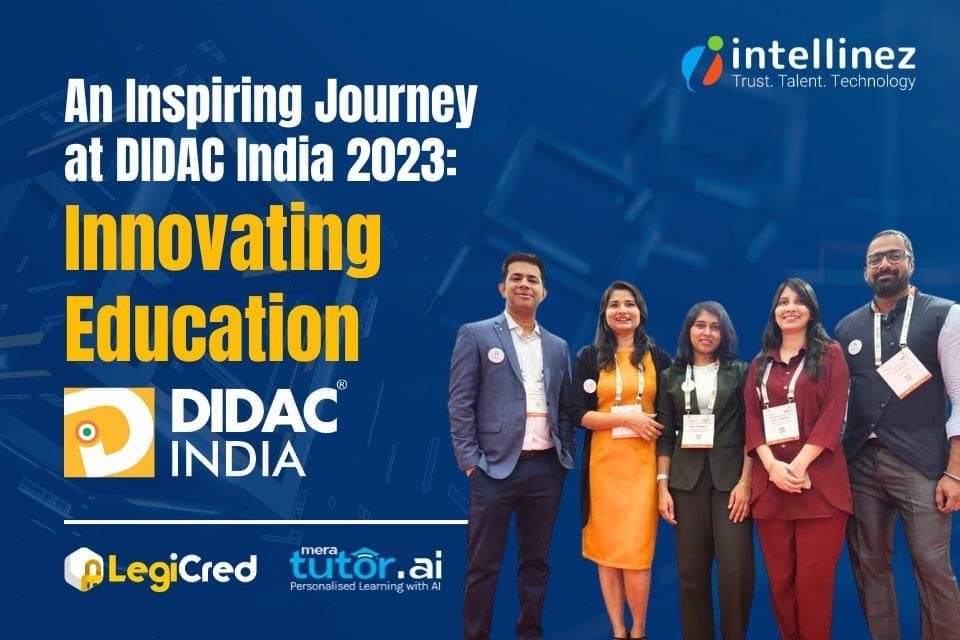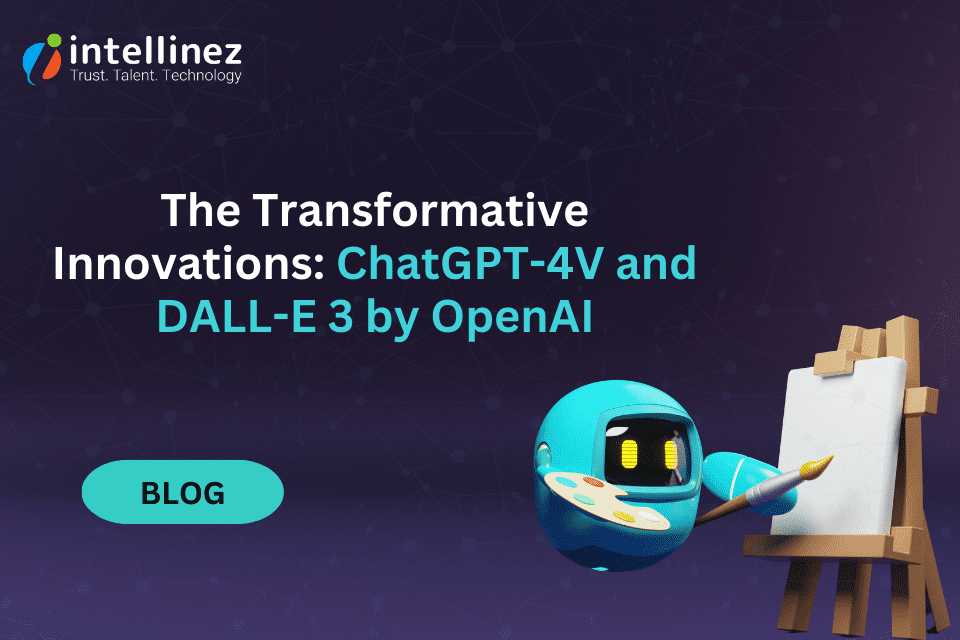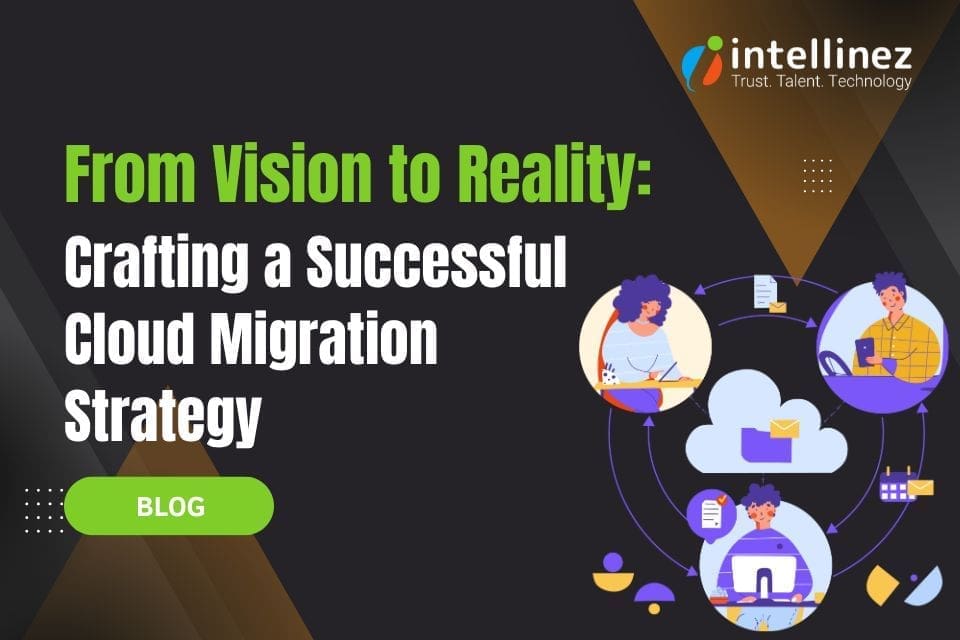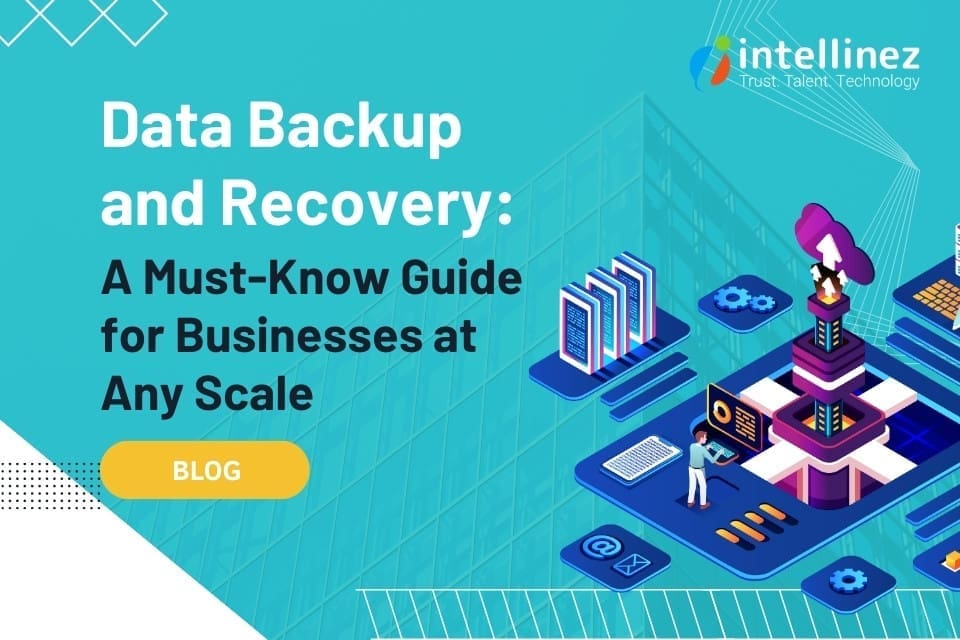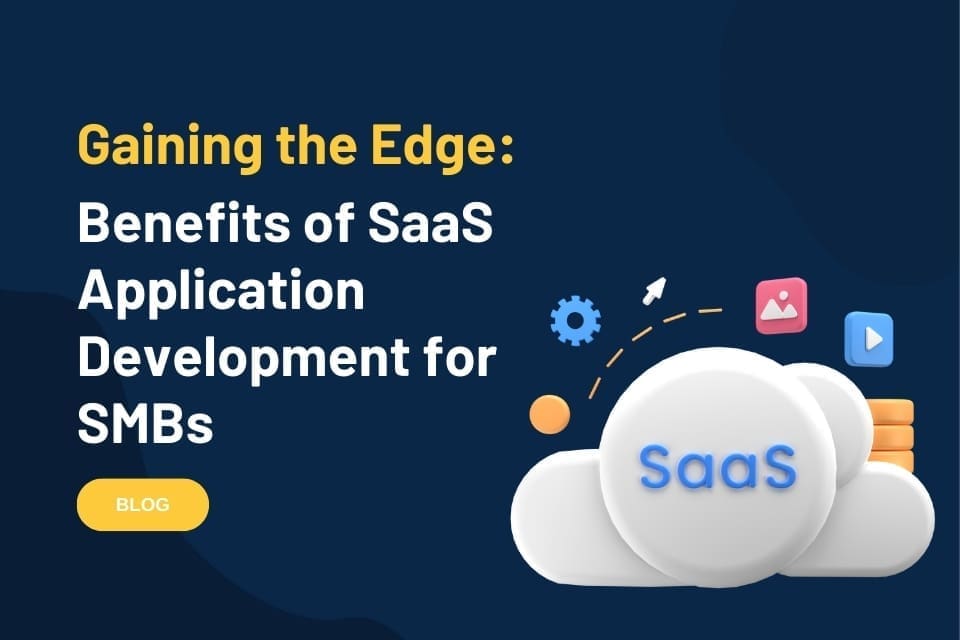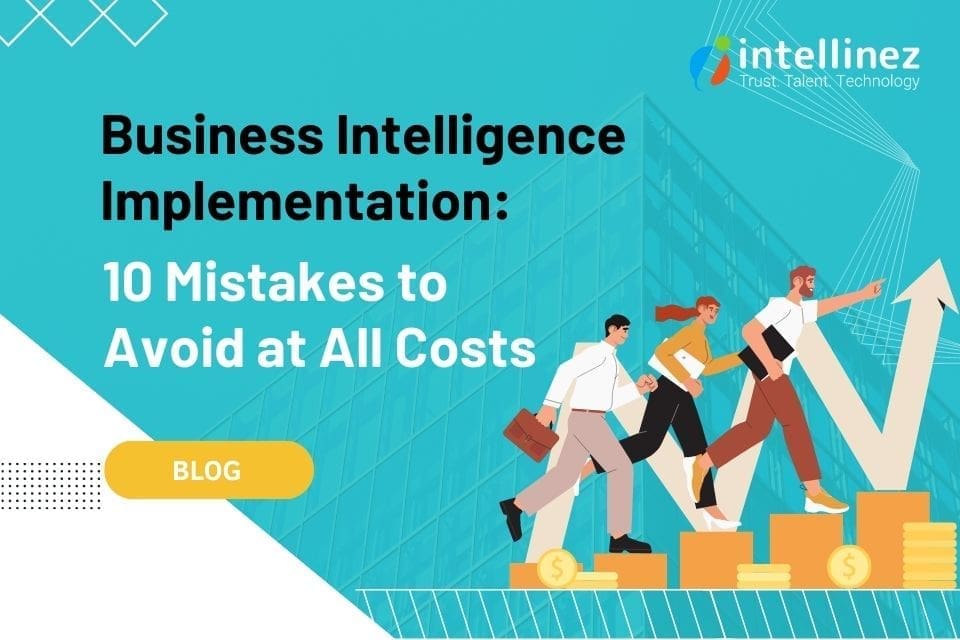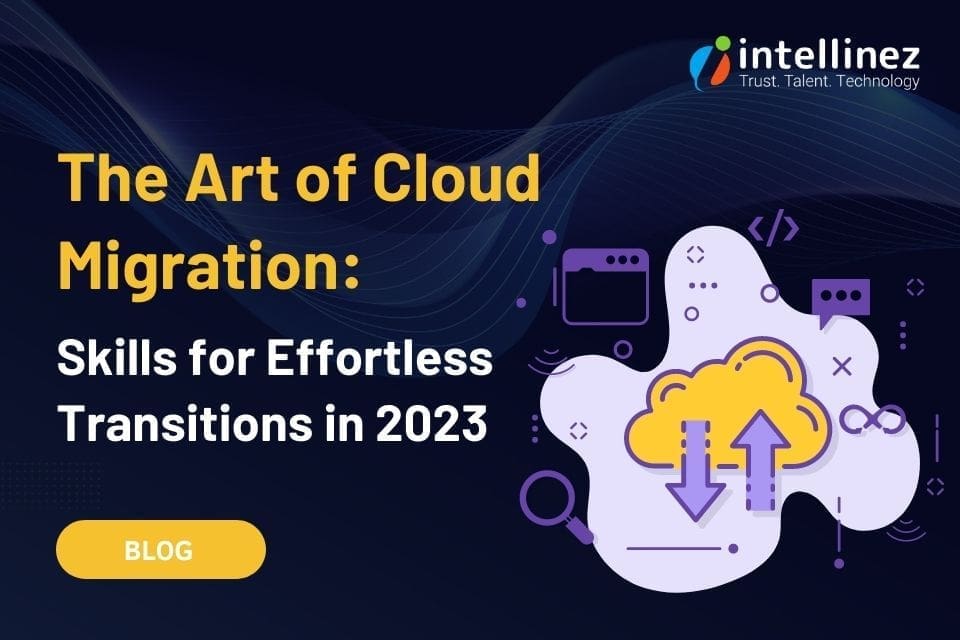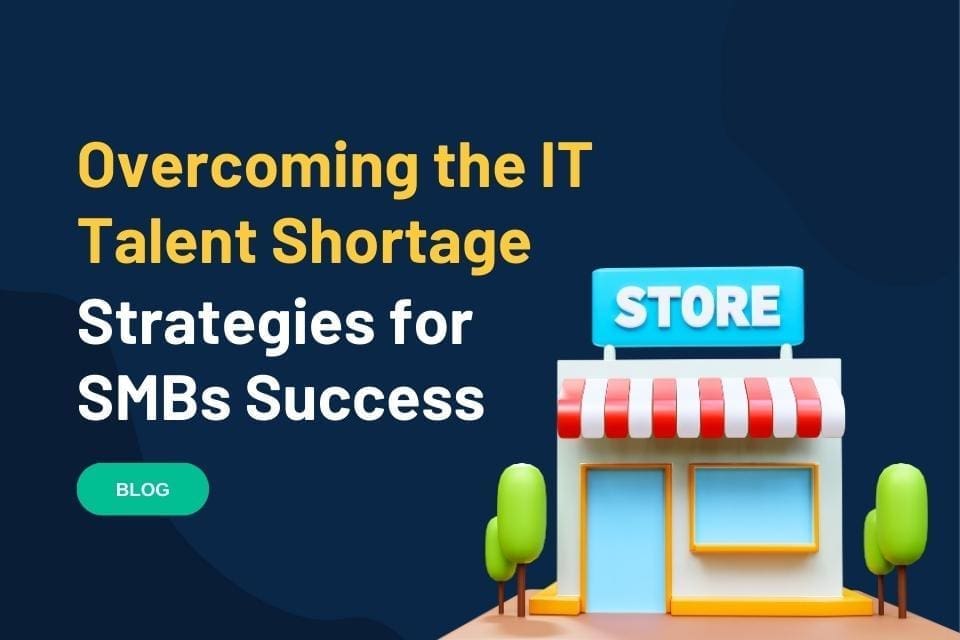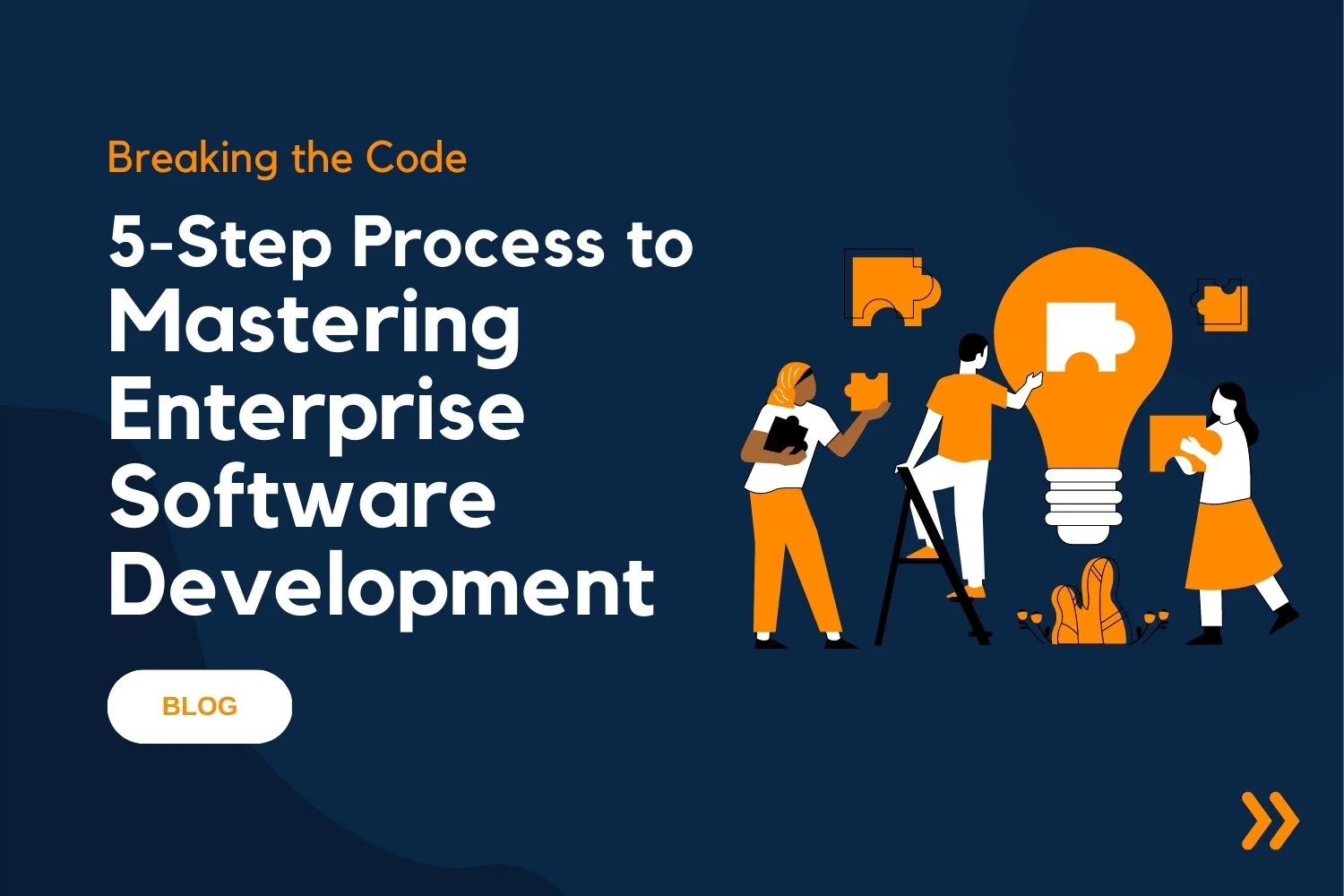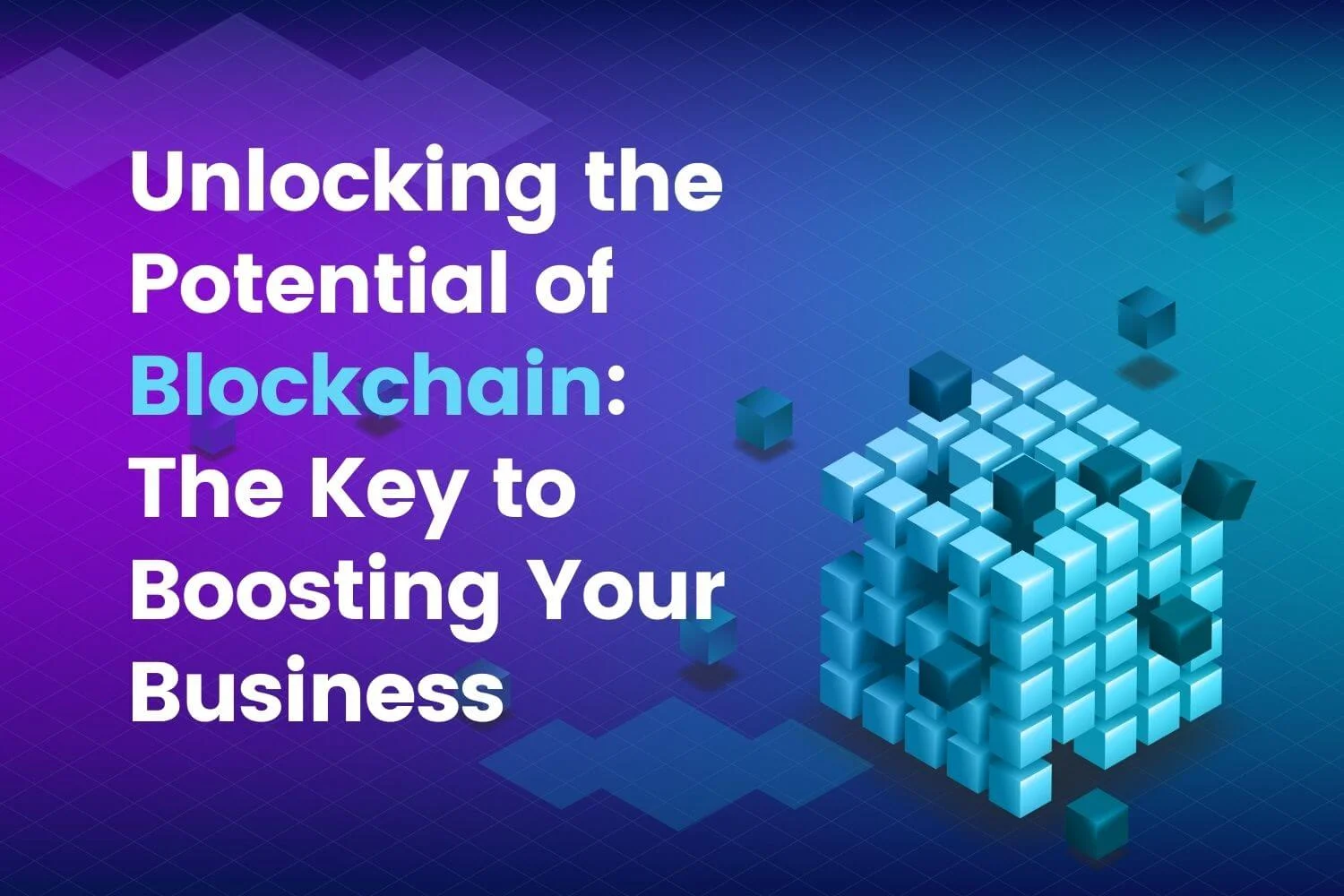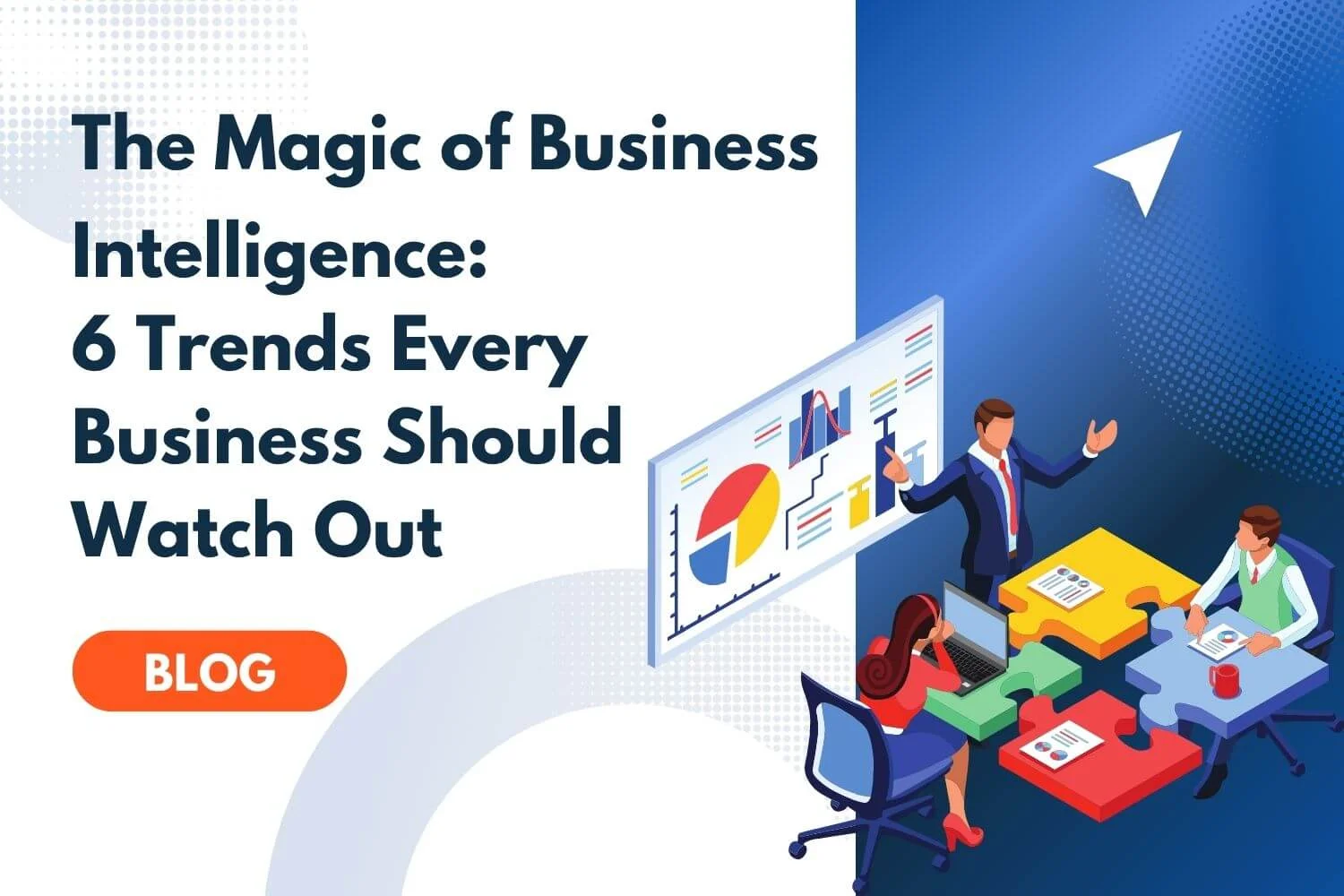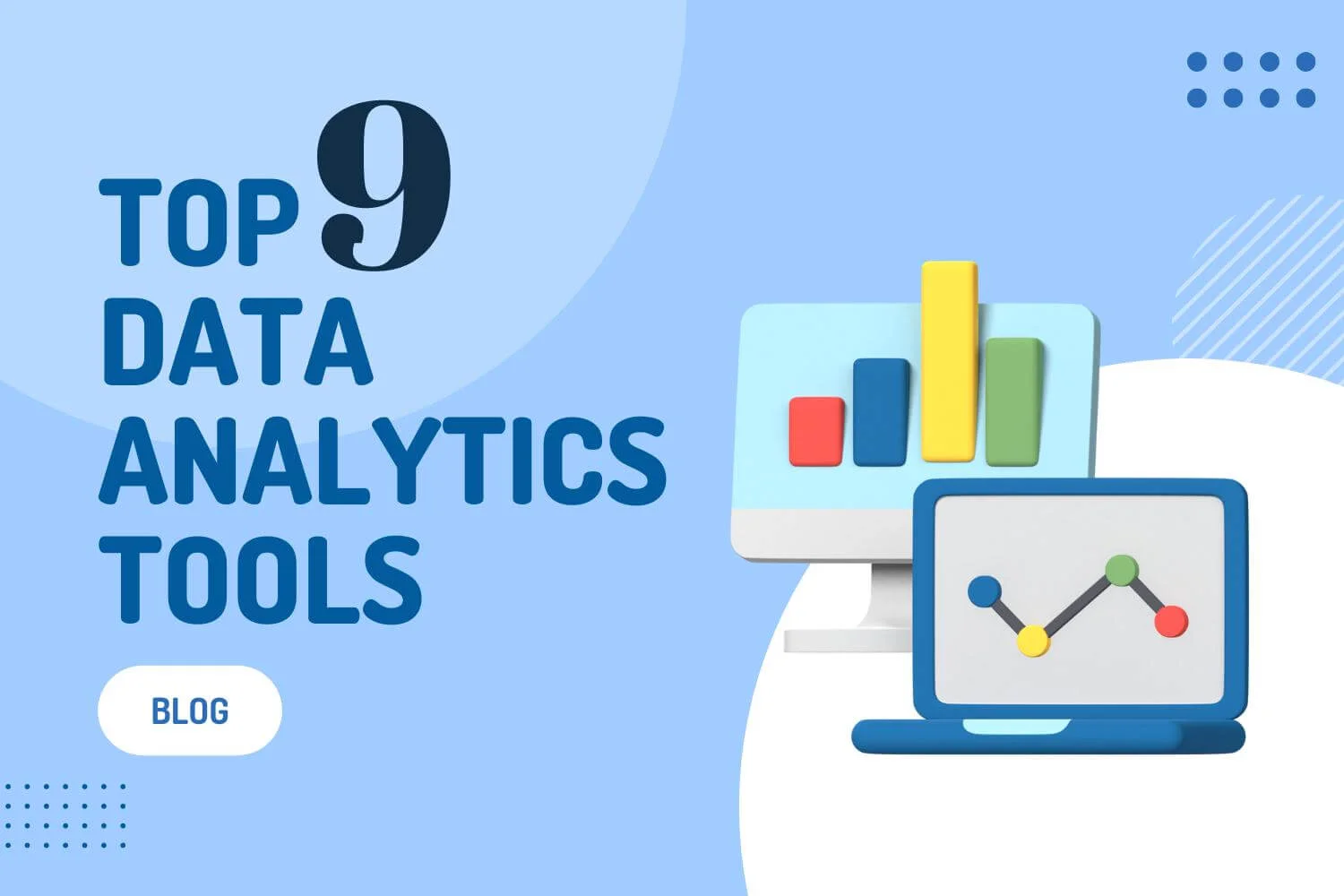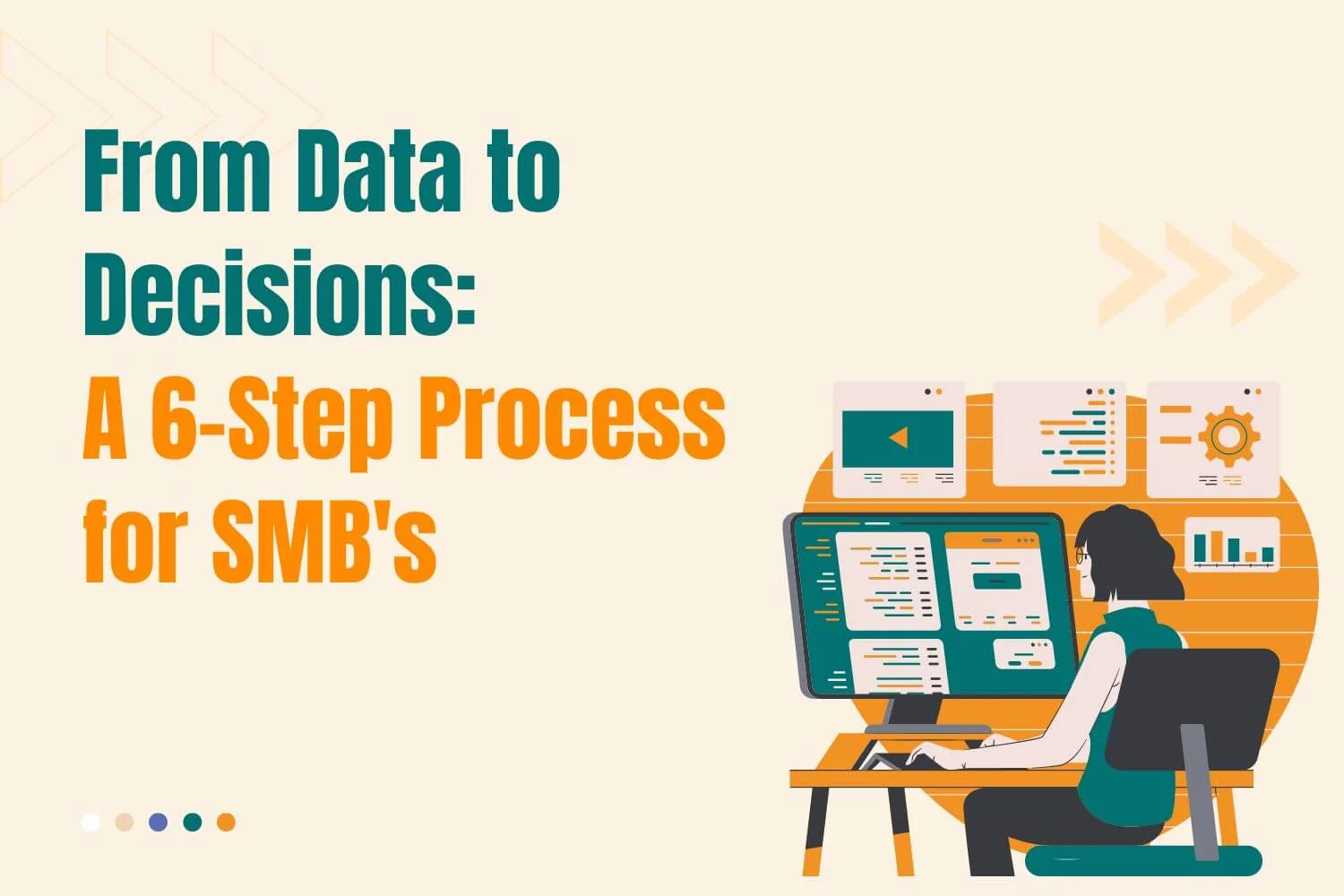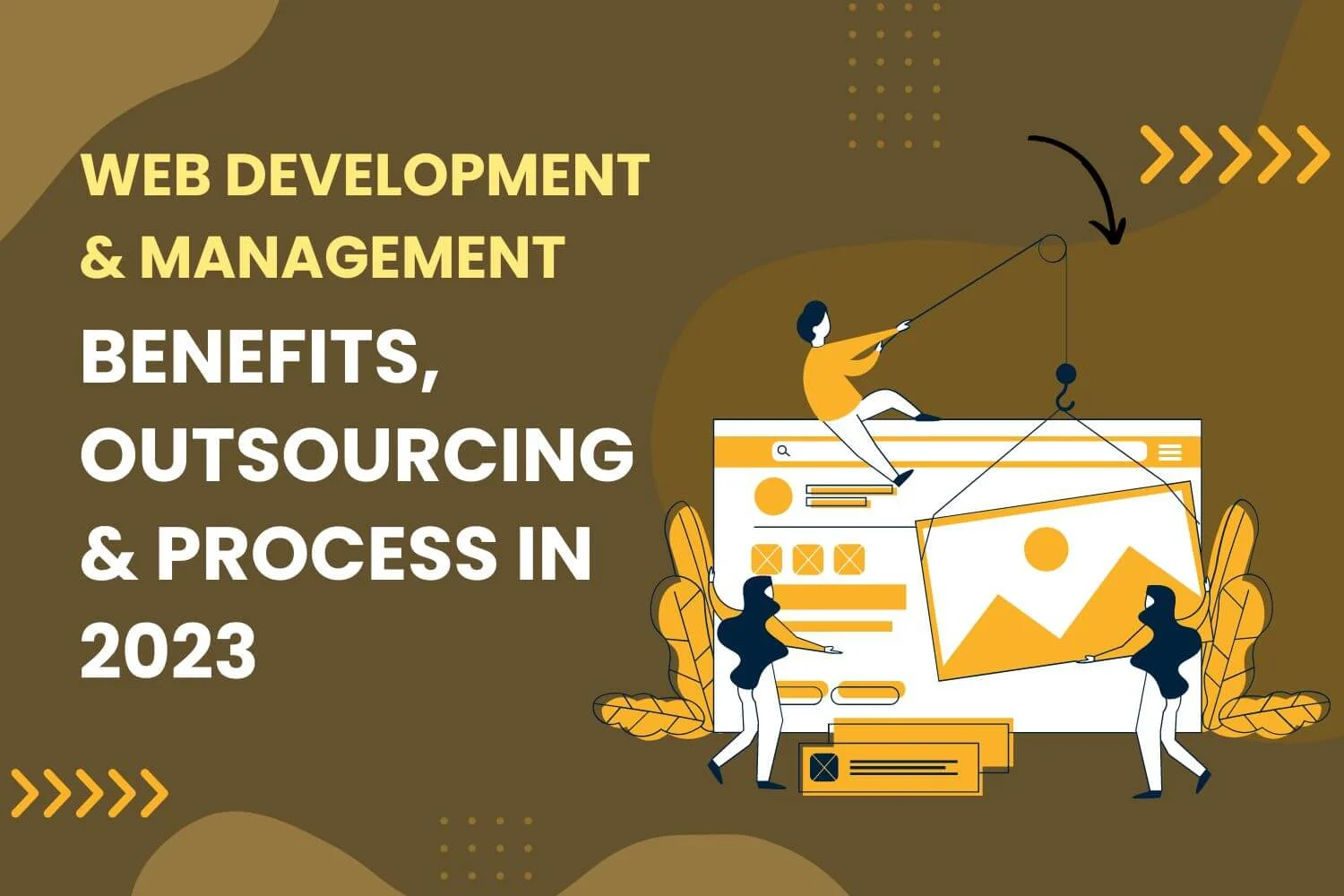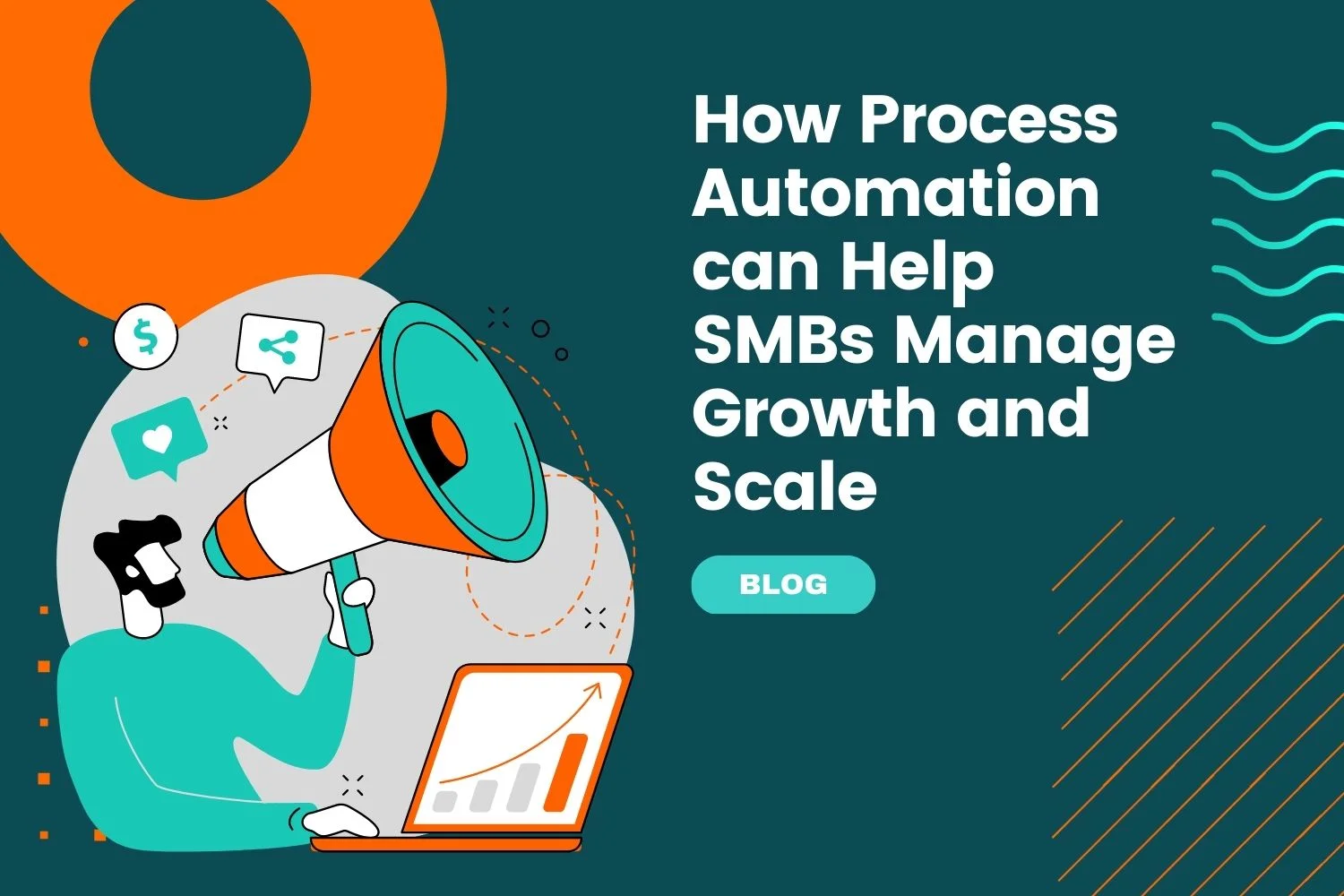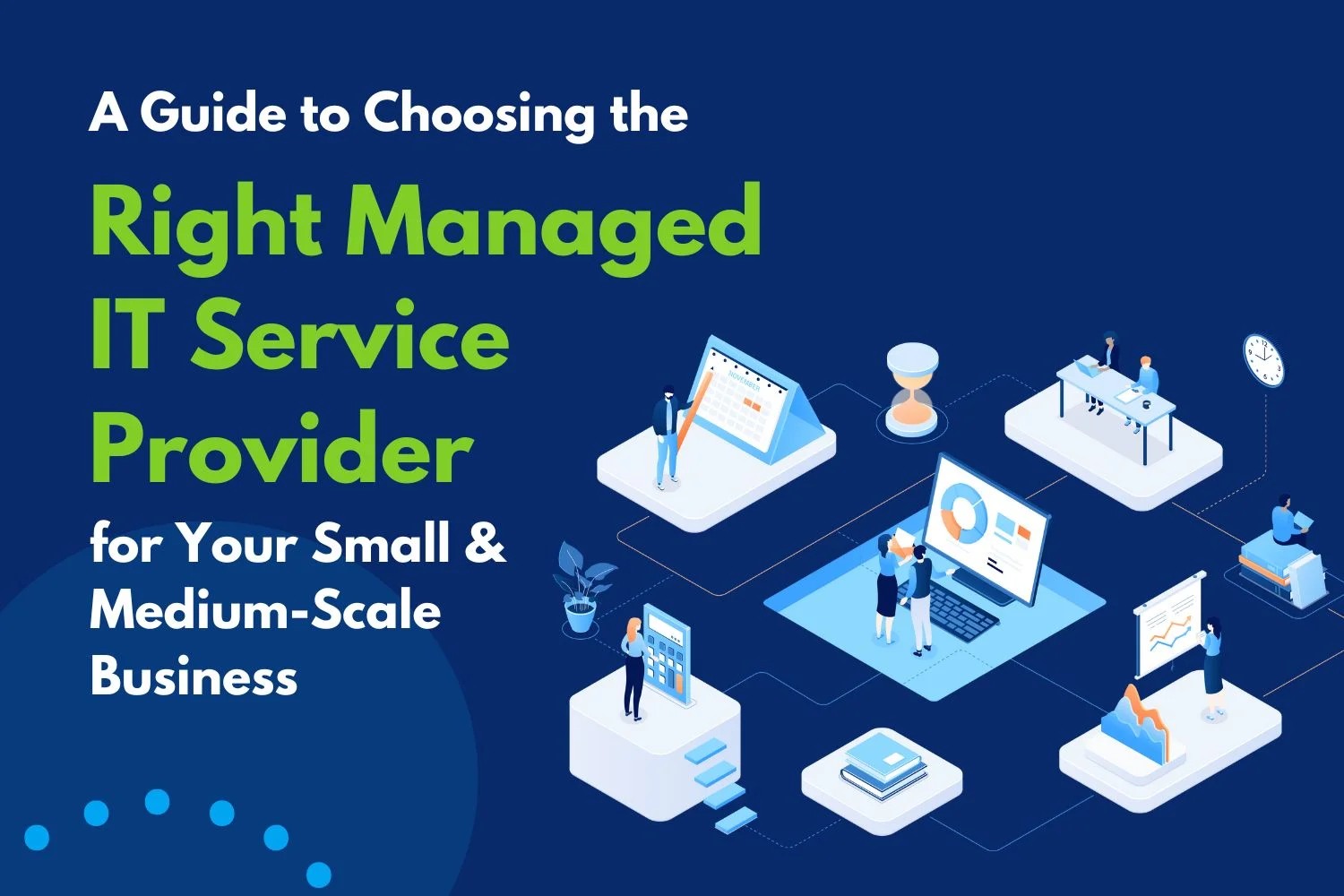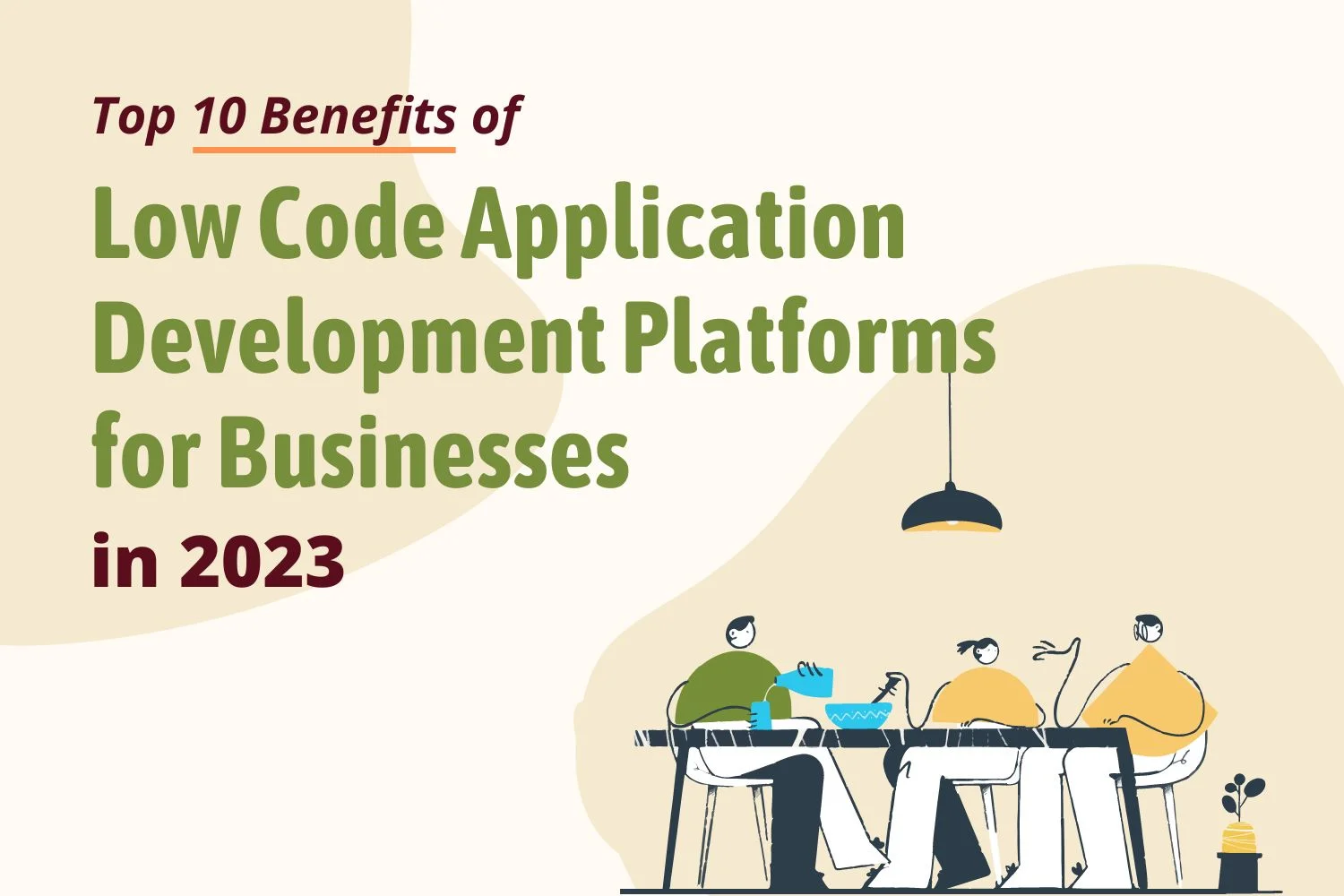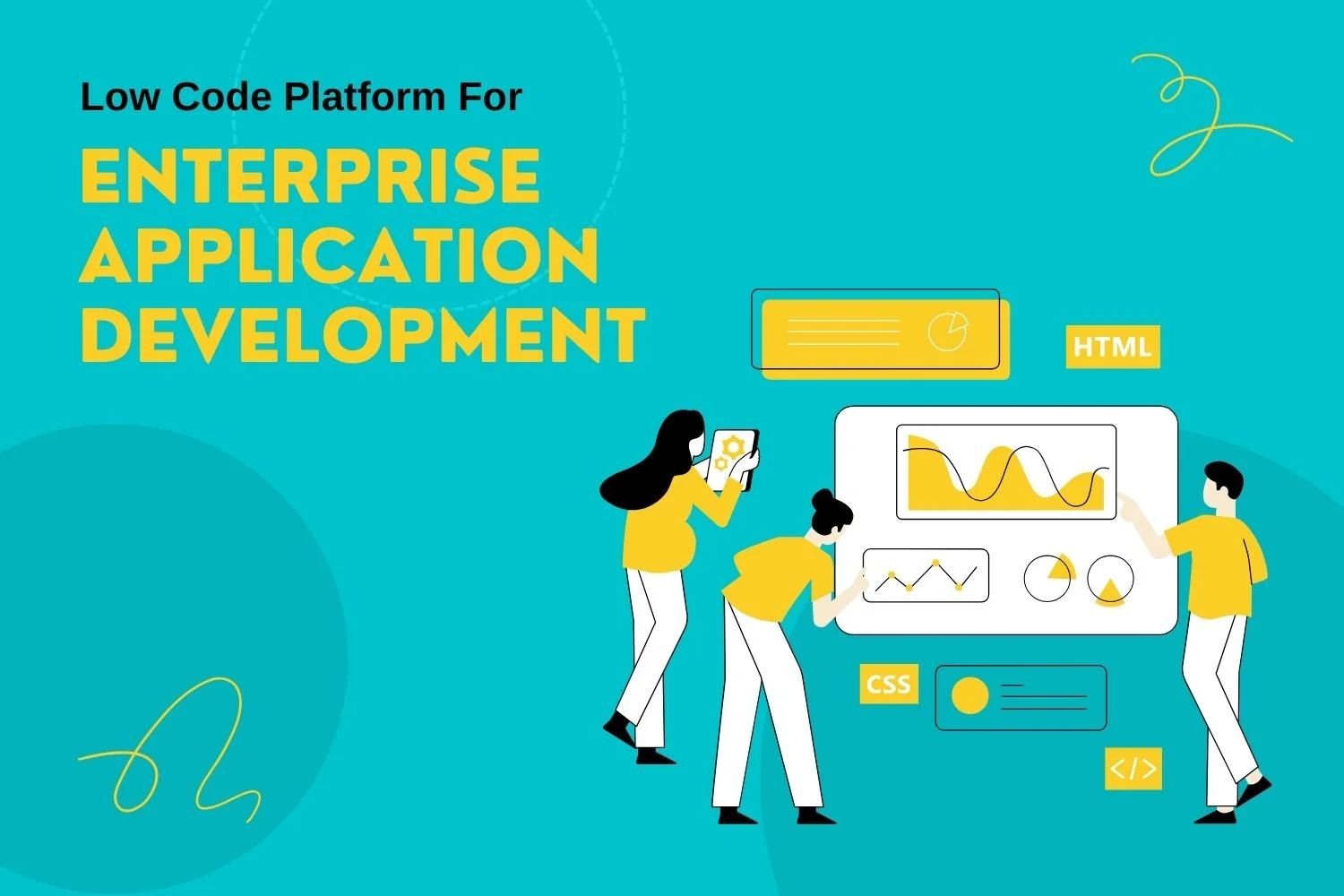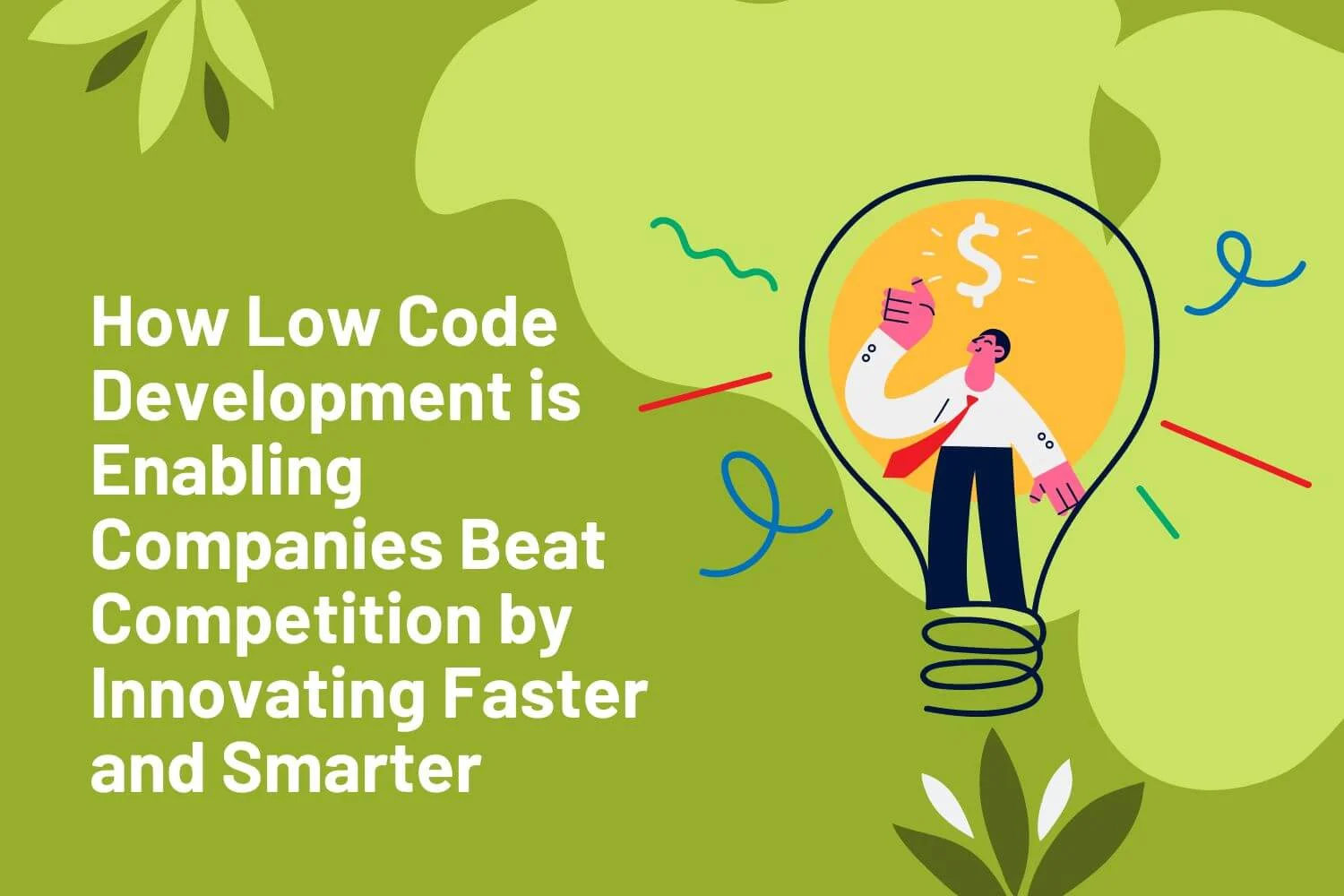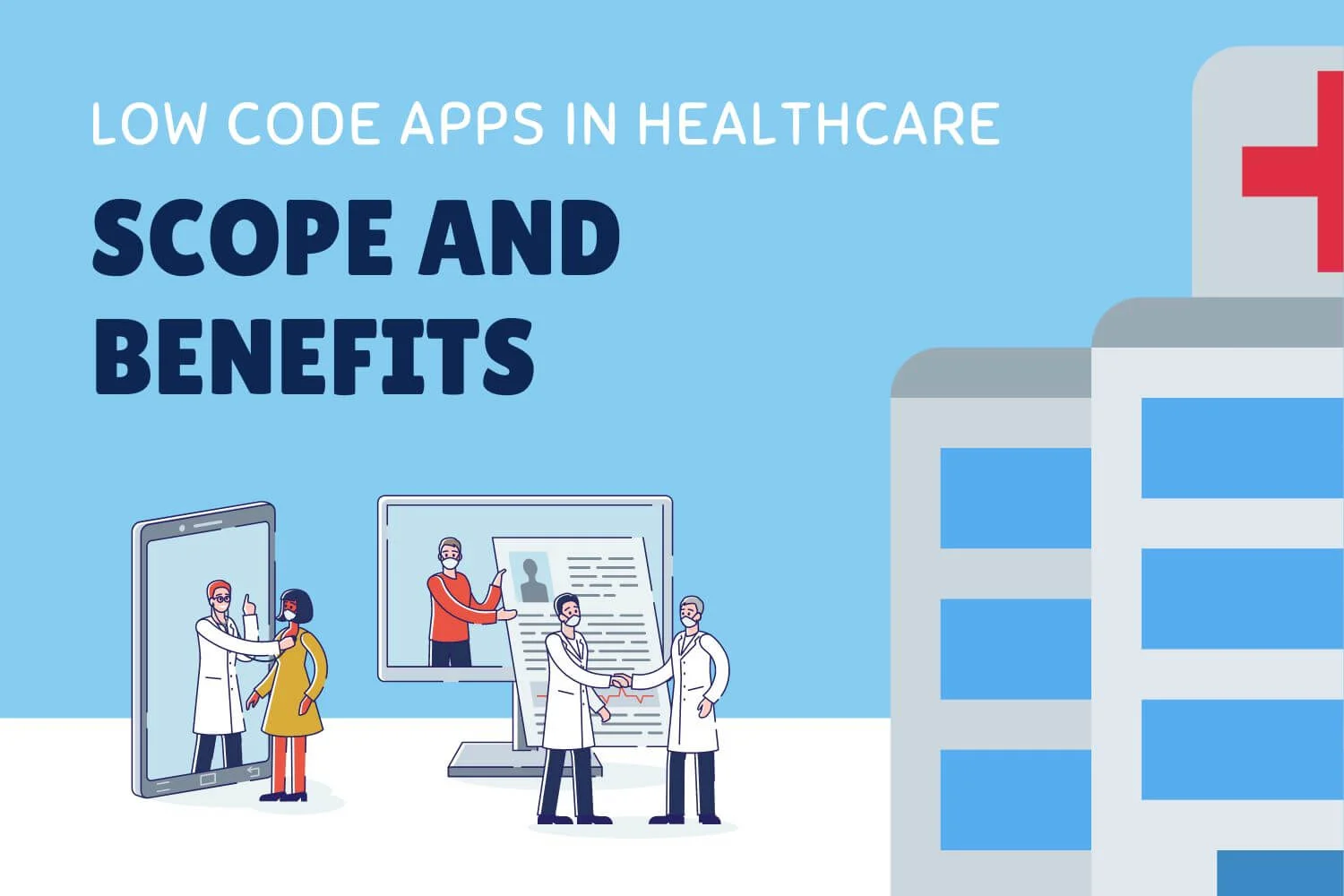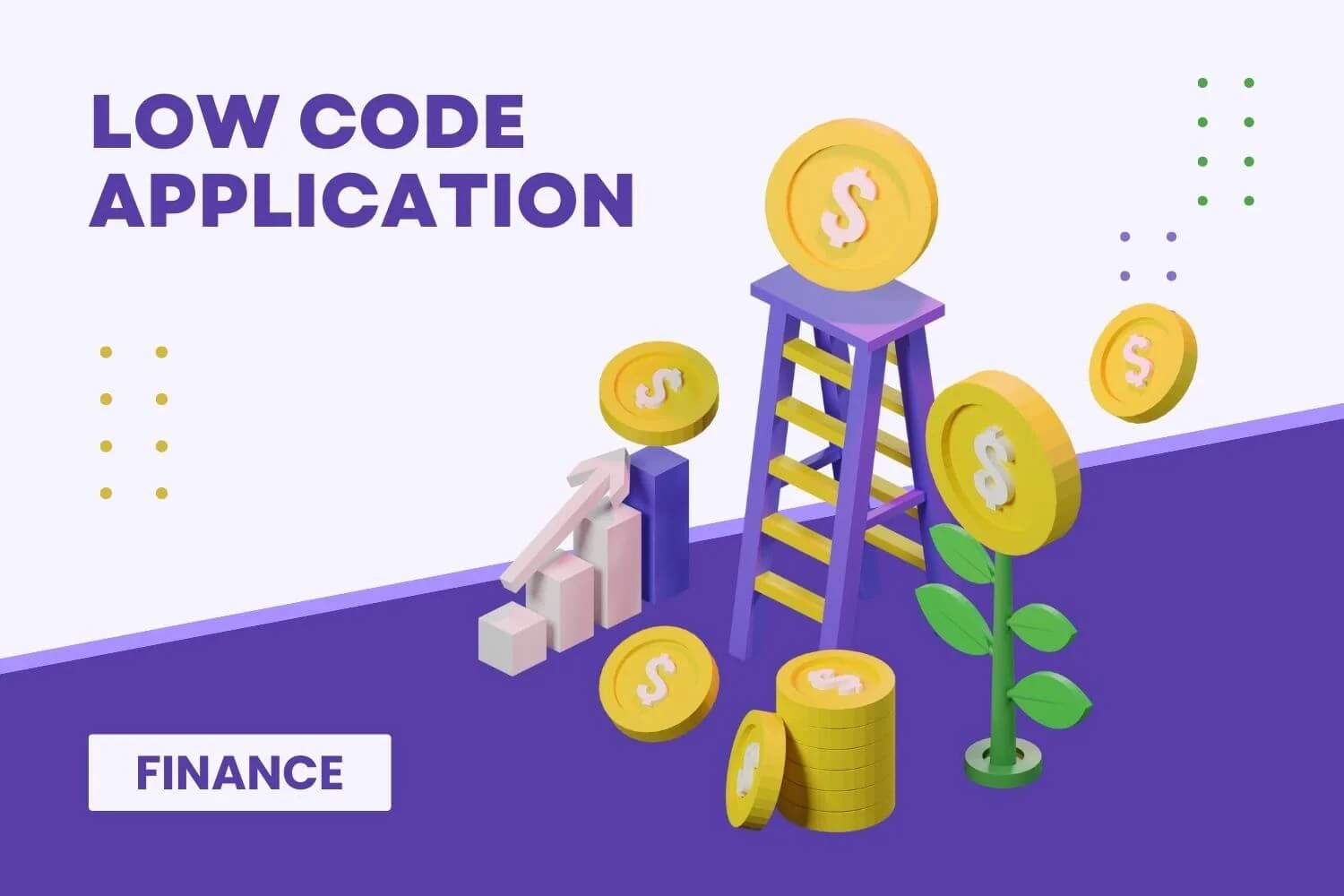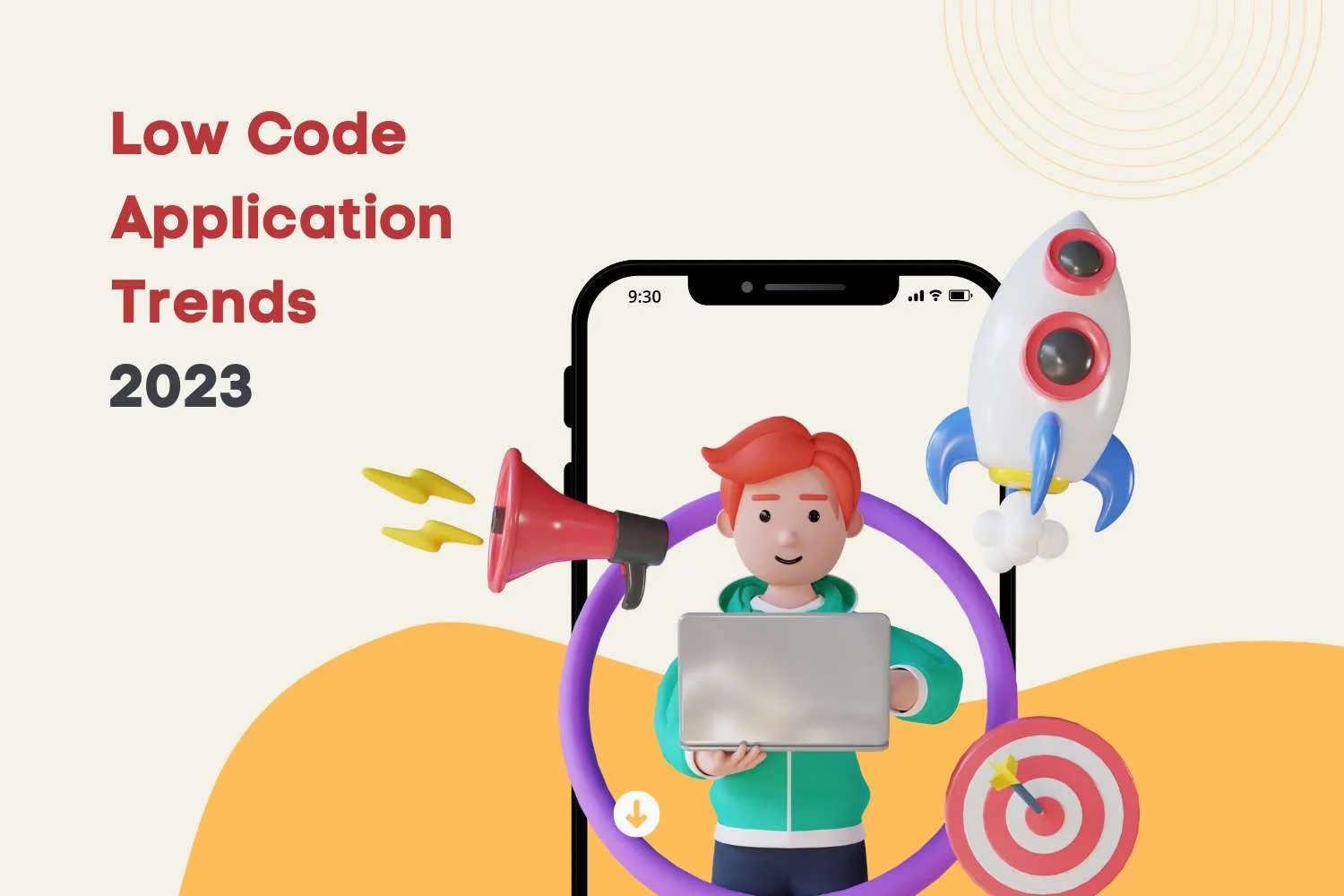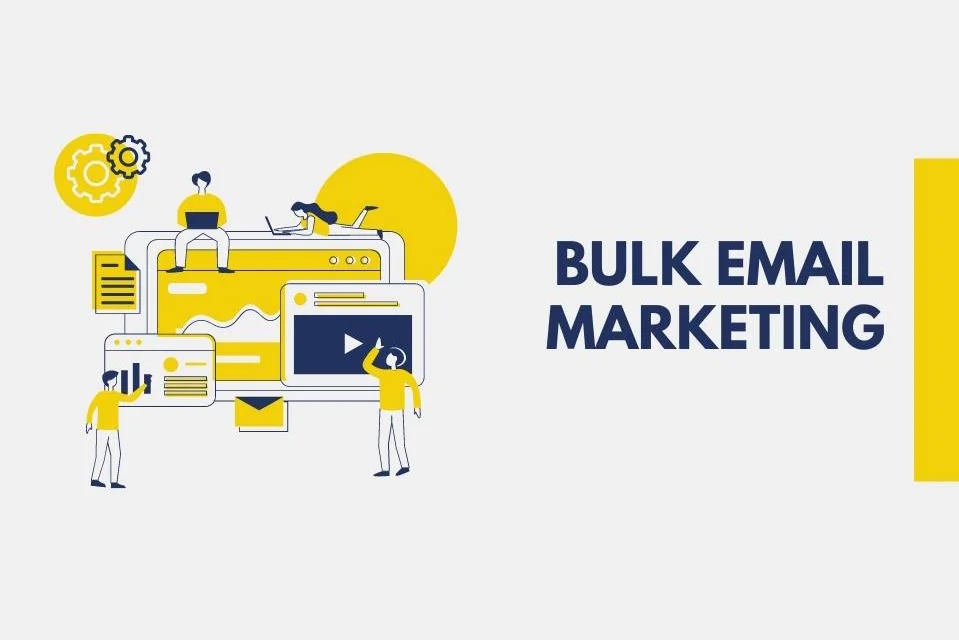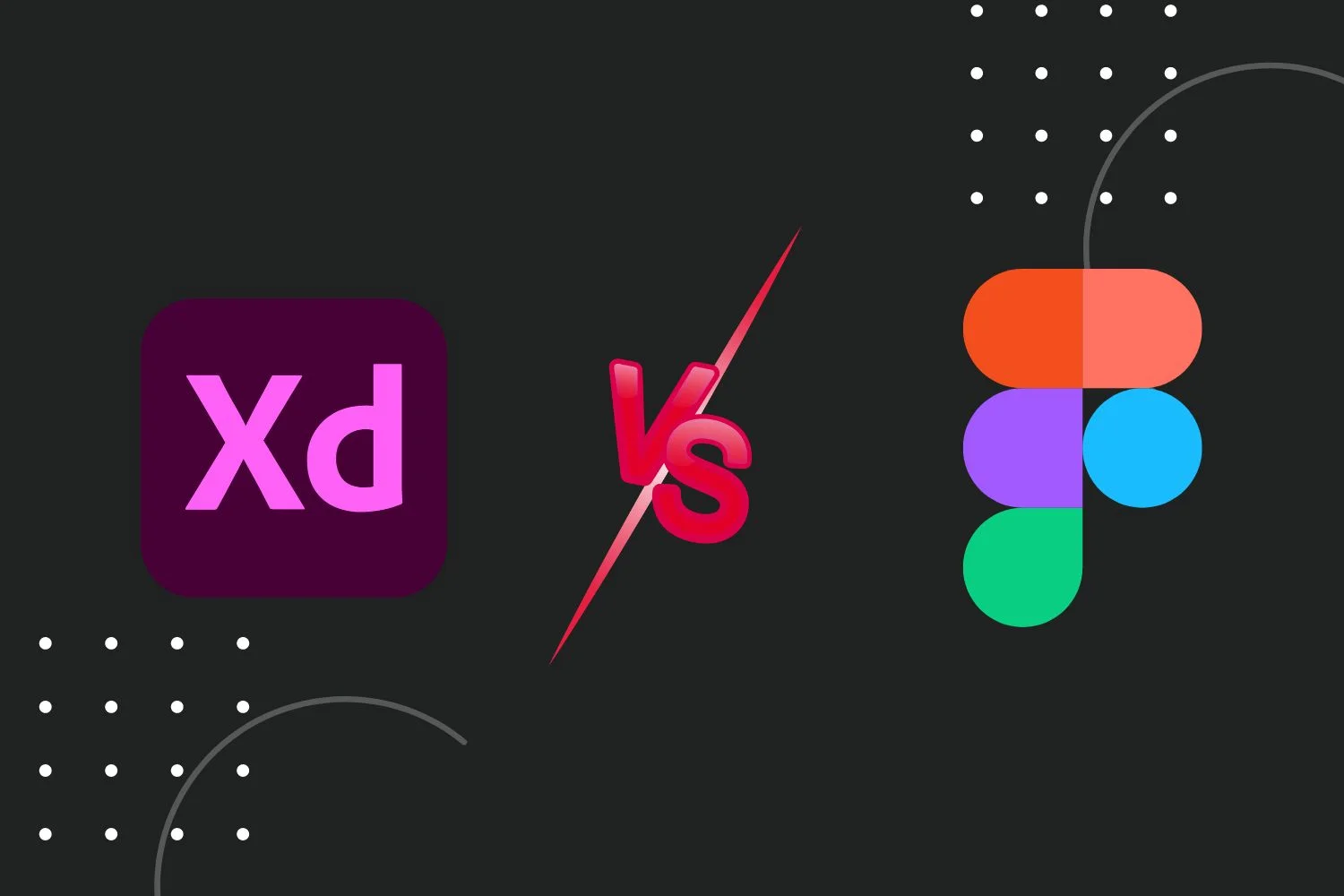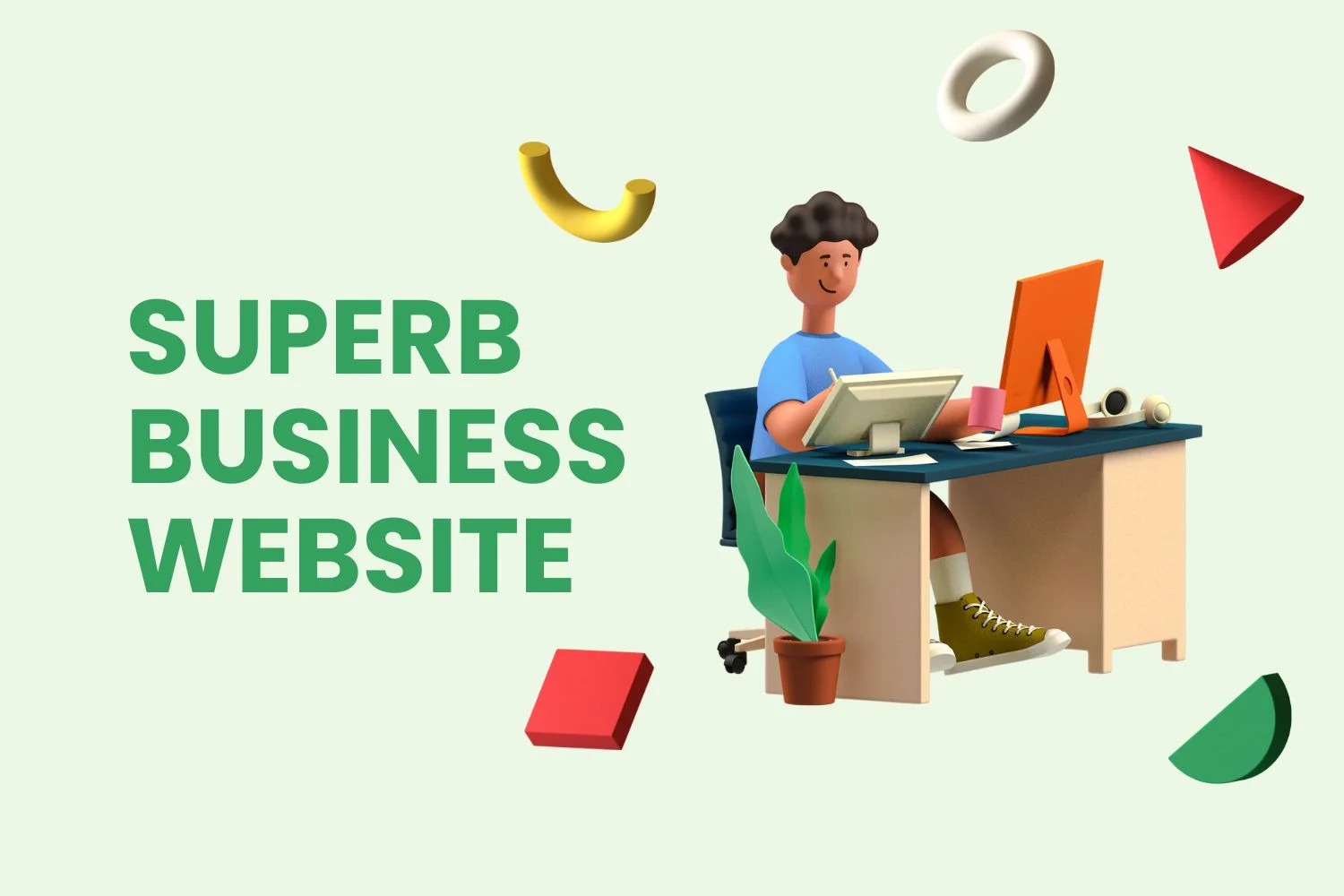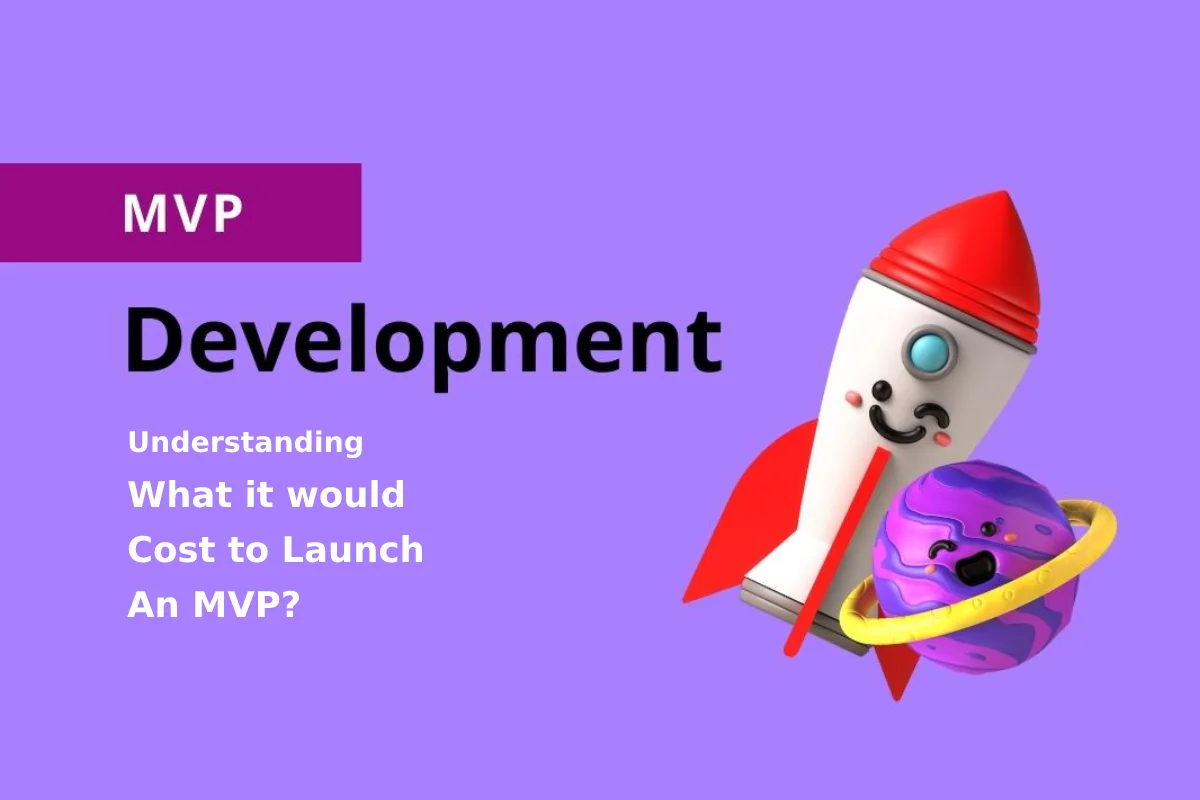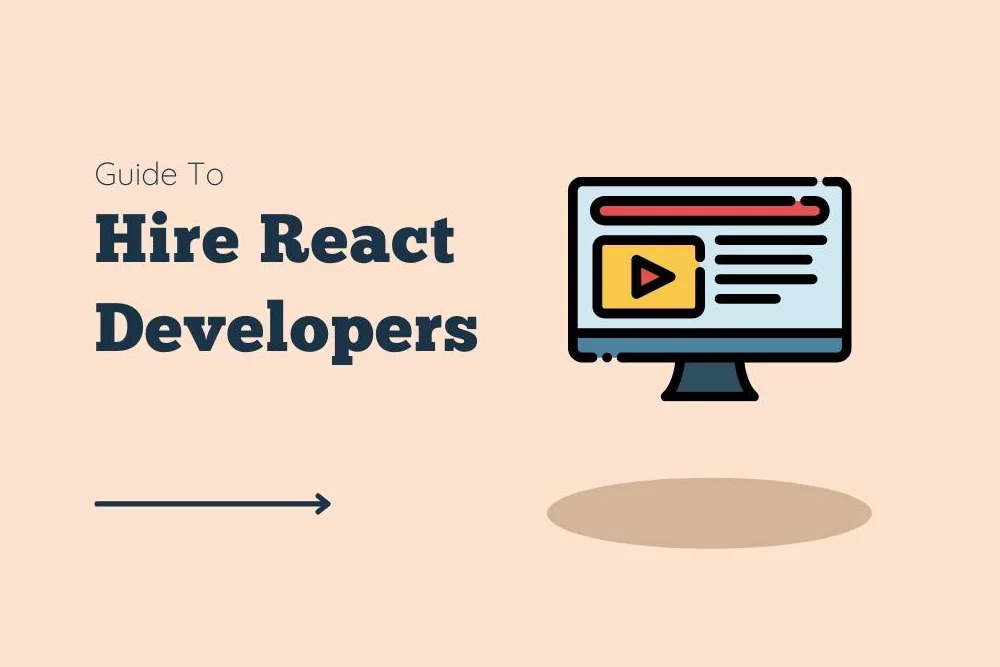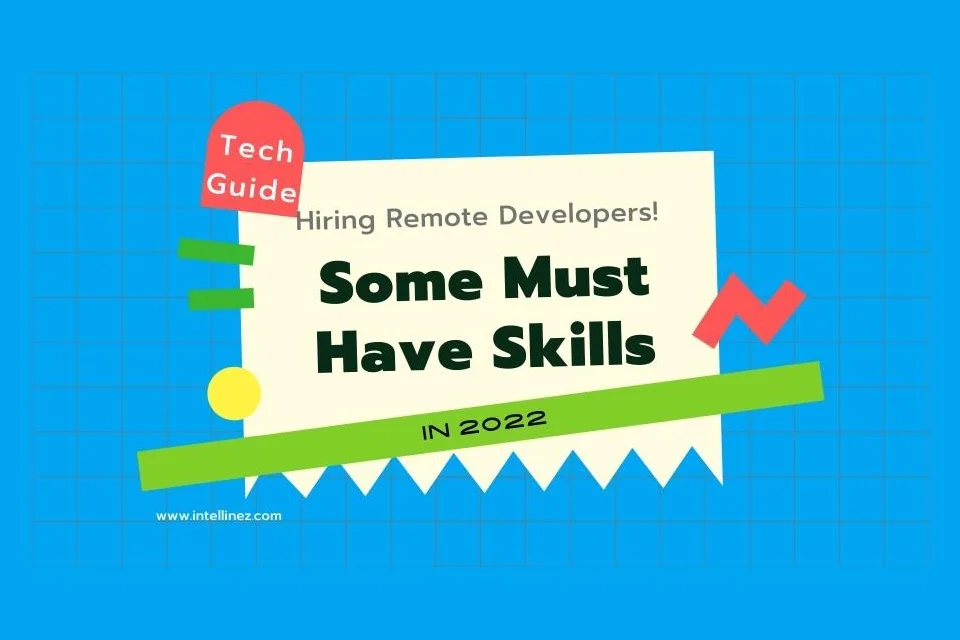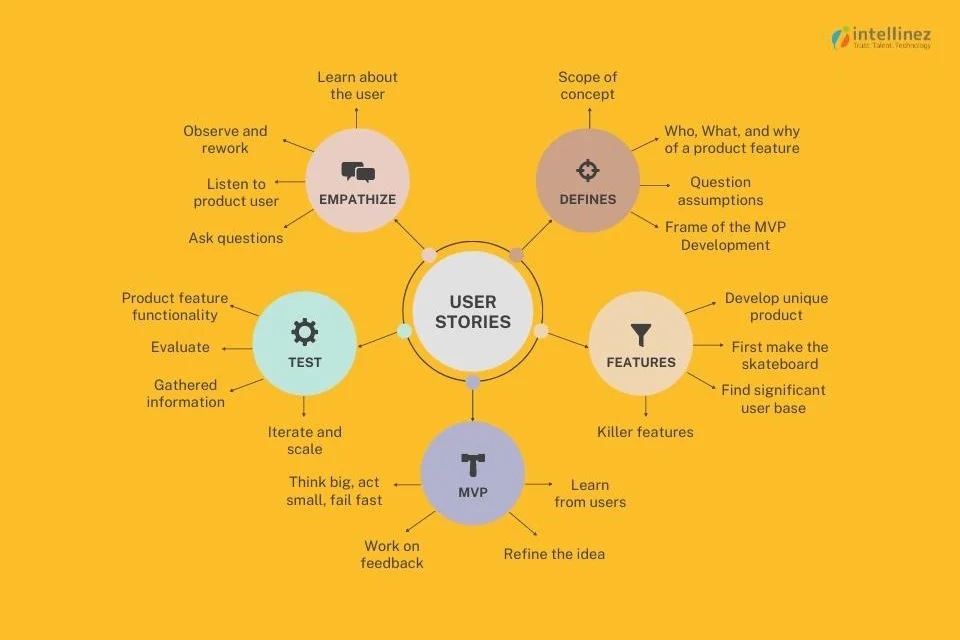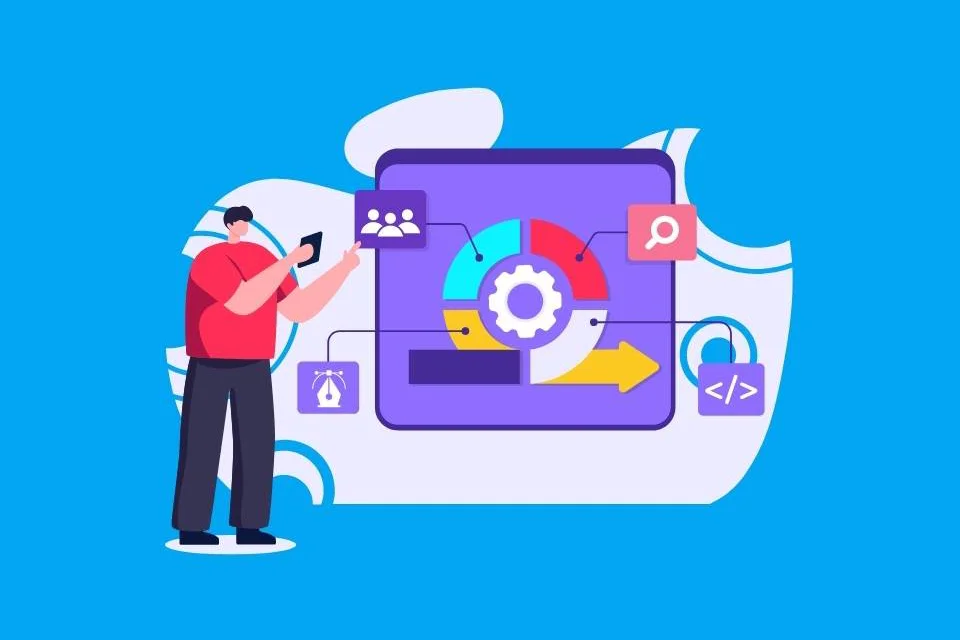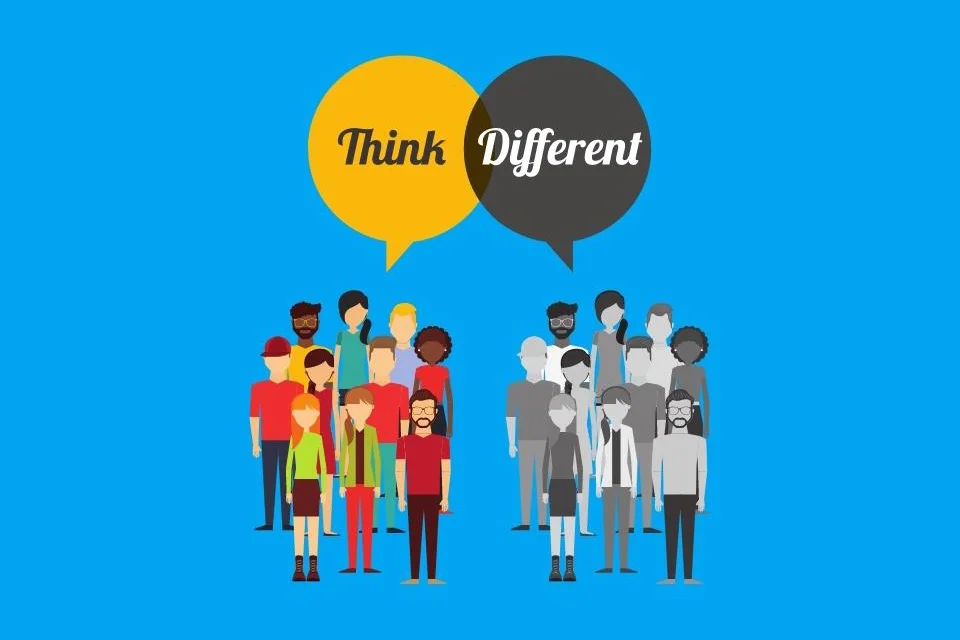Table of Contents
Hiring the best IT talent has now goes far beyond simply finding someone who can write code. The tech industry is in a constant state of evolution, and so are the skills needed to thrive in it. Today’s top IT professionals need to adapt quickly, learn continuously, and stay ahead of emerging technologies to remain competitive in this ever-changing landscape.
The IT industry currently faces a staggering 7 million job openings, yet only 65 qualified candidates are available for every 100 new positions created. This highlights the critical importance of effective recruitment strategies in attracting and retaining high-quality candidates.
However, the recruitment process for IT roles is fraught with challenges. Organizations often struggle to identify suitable candidates amid a sea of applicants, while also contending with the expectations of tech-savvy job seekers who prioritize company culture, career growth opportunities, and competitive compensation packages.
This blog will explore key strategies that organizations can implement to navigate these challenges successfully. By focusing on building a strong employer brand, leveraging technology in the recruitment process, and fostering long-term relationships with potential candidates, businesses can position themselves as attractive employers in the competitive IT landscape.
Define Your IT Needs
Before embarking on the journey of hiring IT talent, it’s crucial to have a clear understanding of your organization’s specific technical needs. This foundational step ensures that you attract candidates with the right skill set, mindset, and potential to grow with your business. Here’s how to break it down:

Evaluate Technical Skills
Start by identifying the core technical skills that align with your business objectives. Every IT role requires specific proficiencies, whether you’re looking for front-end developers, cybersecurity experts, or data scientists. For example, a software developer may need expertise in programming languages such as Java, Python, or C#, while a cybersecurity expert should have deep knowledge of network security, encryption, and risk management. A data scientist, on the other hand, should be proficient in machine learning algorithms, statistical analysis, and data visualization tools like Tableau or Power BI.
Understanding these skill sets allows you to craft a precise job description, ensuring you’re attracting candidates who can meet both the immediate demands of the role and contribute to long-term growth.
Consider the Long-Term Vision
When hiring IT professionals, it’s essential to not only focus on current technical requirements but also consider your company’s future needs. Technology is rapidly evolving, and businesses that stay ahead of the curve are more likely to maintain a competitive advantage. Hiring with this foresight allows you to bring in talent who can adapt to new technologies and trends.
For example, if your company is planning to implement AI-based systems or transition to cloud-based infrastructure, seek candidates with knowledge in these areas. It ensures that you are not only hiring for the present but also building a team that can drive innovation in the future.
The Importance of Soft Skills
In addition to technical expertise, soft skills play a vital role in IT positions. IT professionals often work in teams and communicate with non-technical stakeholders, making communication and collaboration essential. A candidate with excellent problem-solving skills can navigate complex technical challenges, while adaptability ensures they can adjust to evolving technology landscapes and shifting project requirements.
Hiring someone with strong soft skills like communication, critical thinking, and adaptability ensures that they can thrive not just within their technical domain but also within the broader organizational culture.
By defining these key aspects of your IT needs, you’ll be better equipped to find candidates who are technically proficient, future-focused, and culturally aligned with your business.
Crafting the Right Job Description
A job description is often the first point of contact between your company and potential candidates, making it a critical element in your recruitment process. When crafted effectively, a well-defined job description not only attracts the right talent but also sets clear expectations, reduces turnover, and builds a stronger connection with prospective employees. Here’s how to get it right:

Precision Matters
The job description needs to be precise and accurately reflect the requirements of the role. A vague or overly generic job posting can attract a flood of unqualified applicants, leading to wasted time in screening and interviews. Instead, detail the specific technical skills, certifications, and experiences required for the role. For instance, if you’re hiring a front-end developer, clearly list the programming languages they need to know, such as JavaScript, HTML, and CSS, as well as any frameworks like React or Angular.
Precision extends beyond technical requirements. If the role involves managing a team, leading projects, or collaborating with other departments, this should be clearly stated. Candidates will have a better understanding of the expectations and can self-assess whether they are a good fit for the role, helping you attract applicants who meet your exact criteria.
Highlight Company Culture
Your job description should also act as a window into your company’s culture. IT professionals today are not just looking for a job—they want to work in environments that align with their personal and professional values. By emphasizing your company’s culture, you help candidates see beyond the technical aspects of the role.
For example, if your organization values innovation, creativity, and continuous learning, include this in the job posting. Mention perks like flexible work hours, remote work options, and opportunities for professional development. If your company is a fast-paced startup that embraces new technologies, or a well-established firm with a structured work environment, make this clear. It will help candidates gauge whether they would thrive in your company’s culture.
Clear Expectations
An effective job description clearly outlines the responsibilities and goals associated with the role. Candidates should know what a typical day looks like, the key projects they’ll be working on, and the goals they are expected to achieve. By providing this level of detail, you ensure that applicants are fully informed about what the job entails and avoid misunderstandings after hiring.
Include specifics such as project timelines, performance metrics, and key deliverables. For instance, if you’re hiring a DevOps engineer, mention if they will be responsible for automating deployment pipelines, maintaining cloud infrastructure, or improving system scalability. Being transparent about the challenges and expectations will not only help you attract the right candidates but also those who are motivated by the opportunity to meet and exceed these goals.
By focusing on precision, highlighting company culture, and setting clear expectations, you can craft a job description that resonates with qualified IT professionals and attracts top-tier talent who are not only skilled but also a perfect fit for your organization.
Screening for Technical and Soft Skills
When hiring IT professionals, the screening process is critical for identifying candidates who not only possess the necessary technical expertise but also demonstrate essential soft skills that contribute to long-term success in the workplace. A robust screening process should include technical assessments, behavioral interviews, and an evaluation of cultural fit to ensure that the candidate is a well-rounded addition to your team.

Technical Assessments
Technical skills are the foundation of any IT role and assessing them accurately is vital for determining a candidate’s competence. Conducting coding tests, project challenges, or portfolio reviews allows you to gauge the candidate’s problem-solving abilities, technical proficiency, and understanding of key programming languages or technologies.
For example, for a software development role, you can present the candidate with a coding challenge that simulates a real-world problem. This will help you assess how well they can write clean, efficient code under time constraints. Project challenges that require candidates to build a small application or solve a technical problem can provide insight into their approach to problem-solving, code structure, and how they manage complexity.
Additionally, reviewing a candidate’s portfolio or GitHub repositories can give you a clear understanding of their past work, creativity, and coding style. By examining completed projects, you can assess the level of innovation, technical depth, and attention to detail that the candidate brings to their work.
Behavioral Interviews
While technical skills are crucial, soft skills such as problem-solving, teamwork, and communication are equally important in an IT role. Behavioral interviews are an effective way to evaluate these qualities. By asking situational questions, you can gain insight into how candidates handle challenges, work within teams, and respond to stressful situations.
For example, questions like “Tell me about a time you faced a significant technical challenge and how you resolved it” or “Describe a situation where you had to collaborate with a difficult team member” can provide valuable insights into a candidate’s problem-solving process and interpersonal skills. The way they handle complex situations, resolve conflicts, and adapt to changes can tell you a lot about how they will perform in real-world scenarios.
Cultural Fit
In addition to technical and behavioral competencies, assessing a candidate’s cultural fit is essential for ensuring long-term success within your organization. Cultural fit goes beyond just having the right skills—it’s about aligning with the values, mission, and work environment of the company.
To evaluate cultural fit, ask questions that explore the candidate’s preferred work style, motivation, and alignment with your company’s values. For example, if your company emphasizes innovation and continuous learning, ask the candidate how they stay updated with new technologies or what personal projects they’ve worked on to develop new skills. If your company values collaboration, you might ask about their experiences working in cross-functional teams.
Ensuring a candidate is a good cultural fit helps build a cohesive team where individuals share the same goals and work together harmoniously. A strong cultural fit reduces turnover and increases job satisfaction, leading to a more productive and engaged workforce.
By combining technical assessments, behavioral interviews, and cultural fit evaluations, you can create a comprehensive screening process that identifies candidates who are not only skilled but also aligned with your company’s values and culture, ensuring a successful hire for your IT team.
Leverage IT Recruitment Tools and Platforms
In today’s highly competitive job market, hiring top IT talent requires more than traditional methods. With the rise of specialized job boards, professional communities, and AI-driven tools, recruiters now have a wealth of resources at their disposal to identify and engage with the best candidates. Leveraging these modern recruitment tools can significantly improve the hiring process, helping companies find skilled professionals more efficiently.
Job Boards & Communities
One of the most effective ways to connect with IT talent is through specialized job boards and professional communities. Platforms like GitHub, LinkedIn, and tech forums have become essential in reaching a wide pool of potential candidates who are actively involved in the tech world.

GitHub:
This platform is more than just a code repository—it’s a community where developers showcase their work, contribute to open-source projects, and collaborate with peers. By exploring GitHub profiles, recruiters can assess a candidate’s technical abilities, coding style, and contributions to various projects, gaining valuable insights beyond what a resume might reveal.
LinkedIn:
As one of the largest professional networking platforms, LinkedIn provides access to a global talent pool. LinkedIn allows recruiters to search for candidates based on specific skills, job titles, or industries, while also offering the ability to view recommendations, certifications, and professional accomplishments. Its integrated tools for job posting, messaging, and networking make it a versatile platform for connecting with IT professionals.
Tech Forums & Communities:
Platforms like Stack Overflow, Reddit, and specialized tech forums also offer opportunities to engage with talented IT professionals. These platforms are often frequented by experts seeking advice, sharing knowledge, or solving problems, making them a valuable resource for identifying passionate, knowledgeable candidates.
AI in Recruitment
The use of AI tools in recruitment is transforming the way companies identify and shortlist IT talent. AI-driven platforms help streamline the candidate screening process by automating repetitive tasks, allowing recruiters to focus on more strategic aspects of hiring.

Resume Screening:
AI-powered systems can analyze resumes quickly and efficiently, identifying key skills, qualifications, and experience that match the job description. These tools not only save time but also minimize human bias by ensuring that candidates are evaluated based on their qualifications rather than subjective factors.
Predictive Analytics:
AI can also predict a candidate’s likelihood of success in a given role. By analyzing historical data, such as the performance of previous hires in similar roles, AI tools can identify patterns and provide insights into which candidates may be the best fit. This is particularly valuable in IT roles, where technical aptitude and problem-solving abilities can vary greatly between candidates.
Automated Interviews & Chatbots:
AI chatbots are increasingly used to engage with candidates during the early stages of recruitment. These chatbots can answer questions, schedule interviews, and even conduct initial screenings by asking pre-programmed questions. This not only improves the candidate’s experience but also accelerates the hiring process by handling routine inquiries and filtering out unqualified applicants.
Relevance to Modern Hiring Trends
As technology continues to evolve, modern hiring trends are increasingly focused on speed, efficiency, and data-driven decision-making. With IT roles in high demand, organizations need to stay ahead by adopting recruitment tools that allow them to access talent pools faster and make more informed hiring decisions. AI tools, in particular, are gaining popularity because they help companies scale their hiring efforts while reducing the time and effort spent on manual screening processes.
By leveraging job boards, tech communities, and AI-driven recruitment platforms, companies can optimize their hiring strategies and connect with the most qualified IT candidates more effectively. These tools provide a competitive edge in identifying top talent, allowing organizations to build stronger, more innovative IT teams.
Partner with IT Consulting Firms
Partnering with IT consulting firms can be a game-changer when it comes to hiring top-tier IT talent. These firms specialize in providing skilled professionals who meet the exact needs of your business, offering several advantages over traditional hiring methods.
Outsourcing IT Talent
One of the primary benefits of partnering with IT consulting firms is the ability to outsource IT talent. Instead of relying solely on in-house recruitment teams to find the right candidates, consulting firms provide access to a large network of highly skilled professionals across various domains, such as software development, cybersecurity, data analysis, and cloud computing. These firms have a deep understanding of the technical requirements needed for each role and can match businesses with the most qualified individuals, saving significant time and effort.
Furthermore, consulting firms are adept at quickly finding specialized talent, which is particularly useful for short-term projects, contract-based roles, or scaling teams for large initiatives. This flexibility allows businesses to meet their project deadlines without the long lead times that traditional recruitment often involves.
Reduced Risk
IT consulting firms handle the vetting process, which significantly reduces the risk of a bad hire. They conduct thorough background checks, technical assessments, and interviews, ensuring that only the most qualified candidates are presented to you. This meticulous vetting not only saves your company time but also ensures that the talent being hired meets the highest standards of quality.
Additionally, many IT consulting firms offer guarantees or ongoing support, reducing the risk of turnover or underperformance. By relying on experts to handle the hiring process, your business benefits from reduced hiring risks, improved quality control, and the assurance that the candidates provided are a great fit for your technical and cultural needs.
Why Intellinez is Your Best IT Talent Partner
Experienced Team:
Intellinez stands out as a premier IT talent partner due to its proven track record in hiring and nurturing top IT professionals. With years of experience in the industry, Intellinez has established a reputation for identifying and developing exceptional talent. The team’s extensive network and rigorous selection process ensure that only the best candidates, who possess both technical expertise and a strong work ethic, are brought on board. This experience translates into a well-rounded, highly skilled team capable of tackling complex IT challenges.
Diverse Skill Set:
Intellinez offers a comprehensive range of IT talent to meet varied business needs. Whether your requirements include AI specialists, full-stack developers, cybersecurity experts, or data scientists, Intellinez has the expertise to deliver. Their diverse skill set means that they can match your project needs with professionals who have specialized knowledge and experience in specific areas. This diversity not only ensures that you get the right skills for your projects but also brings a wealth of perspectives and innovative solutions to the table.
Consulting and Development:
Beyond simply providing talent, Intellinez excels in leading IT projects with a focus on innovation. Their consulting services are designed to not only staff your projects but also to provide strategic insights and guidance. Intellinez’s approach integrates cutting-edge technologies and best practices, ensuring that your IT initiatives are executed with the highest level of quality and efficiency. Their ability to manage and develop complex IT solutions positions them as a valuable partner in achieving your business goals.
Proven Success:
Intellinez’s success stories speak volumes about their capability. By showcasing real-world examples of successful projects and satisfied clients, Intellinez demonstrates their ability to deliver outstanding results. These success stories highlight their talent’s impact on various industries, reflecting their commitment to excellence and the tangible benefits of partnering with them.
Conclusion
Hiring the best IT talent has evolved into a sophisticated process that demands a nuanced approach. With the tech industry continually advancing, it’s crucial to go beyond simply finding individuals with coding skills. Today’s IT professionals need to be adaptable, forward-thinking, and continuously learning to stay ahead in this ever-changing landscape.
As highlighted, the current job market presents a significant challenge with 7 million IT job openings and only 65 qualified candidates available for every 100 new positions. This disparity underscores the necessity of effective recruitment strategies to attract and retain high-quality candidates. From defining your IT needs and crafting precise job descriptions to leveraging modern recruitment tools and partnering with consulting firms, each step plays a crucial role in securing top talent.
By focusing on precise technical and soft skills assessments, creating compelling job descriptions, and utilizing advanced recruitment platforms, organizations can significantly enhance their hiring processes. Additionally, partnering with IT consulting firms like Intellinez can further streamline this process. Intellinez’s experienced team, diverse skill set, and proven success in managing IT projects and talent make them an ideal partner for businesses seeking top-tier IT professionals.
For those looking to navigate the complexities of hiring in the tech industry, Intellinez offers unparalleled expertise and resources. Their track record of nurturing and deploying exceptional IT talent, combined with their innovative approach to consulting and development, positions them as the best IT talent partner you can trust.
- link slot777
- slot pulsa
- slot bet 200
- https://cdocencia.xoc.uam.mx/
- rejekibet
- https://mgapress.com.br/assessoria-de-imprensa/
- https://www.intersmartsolution.com/erp-solutions/
- https://cvworld.in/seo-services/
- slot pulsa 5000
- slot deposit 5000
- slot deposit pulsa
- https://ksquare99.com/culture.html
- https://intersmart.ae/our-works/
- https://astrologerparduman.com/blogs/
- https://gluesys.com/
Need Help with Containerization? Intellinez Systems is Here to Help
Partner with Intellinez today to access top-notch talent and drive your business forward with confidence.





































![A Comprehensive Guide to AWS SaaS Architecture [Diagram Included] 86 Aws SaaS Architecture](http://www.intellinez.com/wp-content/uploads/2024/08/Title-image.jpg)



